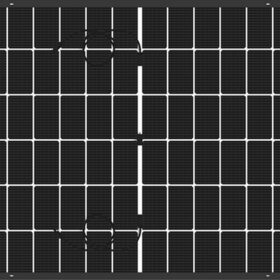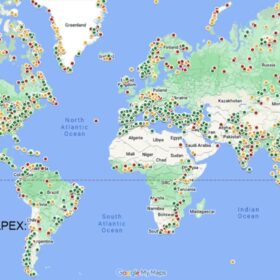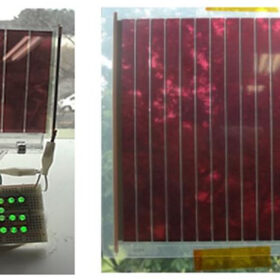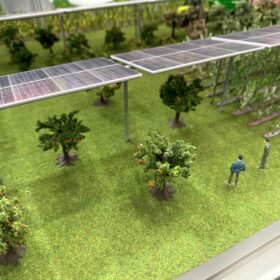Sharp launches 450 W bifacial TOPCon module with 22.52% efficiency
Sharp’s new IEC61215- and IEC61730-certified solar panels have an operating temperature coefficient of -0.29% per C and a bifaciality factor of over 80%.
The Hydrogen Stream: Hydrogen storage in lakes, reservoirs
King Abdullah University of Science and Technology researchers have told pv magazine that hydrogen storage pipelines and gravel could become a reality in lakes or water reservoirs in Europe, the United States, Japan, or China within 10 years. “The technology required to implement the proposed system is available, simple and cheap,” they said.
The Hydrogen Stream: Hamburg to install 100 MW electrolyzer system
The Hamburg Green Hydrogen Hub has tapped Siemens Energy to provide and install six electrolyzers for a 100 MW system, with construction set to begin next year and commercial operation expected by 2027.
Japanese scientists build heterojunction solar cell based on titanium dioxide, selenium
Scientists in Japan developed a 4.49%-efficient solar cell based on titanium dioxide and selenium. The devices is based on a new approach aimed at reducing interfacial recombination and increasing open-circuit voltage and efficiency.
Mitsubishi Electric launches water-to-water heat pumps for commercial, industrial applications
The Japanese manufacturer said the new Climaveneta EW-HT-G05 products have a size ranging from 73 kW to 129.3 kW and a coefficent of performance of up to 3.77.
Green light wavelength-selective organic solar tech for greenhouses
Japanese scientists have built organic solar cells and modules by utilizing donors and acceptors that are green light selective. They used a blend of poly(3-hexylthiophene) and fluorinated-naphthobisthiadiazole.
Japan’s 21th solar auction concludes with lowest bid of $0.035/kWh
Japan has allocated 33.6 MW of PV capacity in its latest procurement exercise. The lowest bid for a 650 kW solar project came in at JPY 5.0 ($0.035)/kWh, while the average final price was JPY 8.08/kWh.
Japan’s Toyo Solar announces 2 GW panel factory in US
Toyo Solar has revealed plans to open a 2 GW solar panel factory in the United States and has filed to raise $100 million for a future tunnel oxide passivated contact (TOPCon) solar cell facility.
Japanese researchers test 15%-efficient perovskite solar module for agrivoltaics
Japan’s Sekisui Chemical launched an agrivoltaics project in partnership with Terra, a unit of Japan-based Citizen Energy Chiba, to test the peformance of its perovskite solar cell technology and the effect of the PV system on plants.
Japan suspends incentives for 342 agrivoltaic facilities
The Japanese authorities have suspended feed-in tariffs (FITs) and premiums for 342 agrivoltaic projects due to violations of new agricultural land regulations. Analyst Makoto Tajima tells pv magazine that this move could hinder the development of agrivoltaics in land-scarce Japan.










